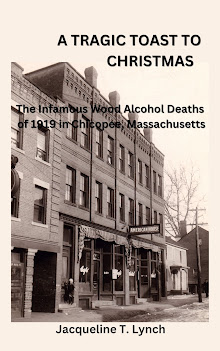
Here is the blacksmith’s shop at Storrowton Village on the fairgrounds of the Eastern States Exposition in West Springfield, Massachusetts. We may tend to think of blacksmiths in a setting like this, that of an historical re-creation, a fictional setting. But blacksmithing hasn’t gone away. It might seem anachronistic in the days of the Internet and cell phones, but the craft and the craftsman are oblivious to fad and fashion.
Businesses like the Old Smithy Shop in New Hampshire supply ornamental ironwork, and Connecticut’s Laurel Forge allows observers who are interested in learning more about the craft. You can learn to be blacksmith yourself at the Prospect Hill Forge of Waltham, Mass. or through the New England Blacksmiths organization.
We may be familiar with the old Longfellow poem, “The Village Blacksmith” that begins with the verse:
Under a spreading chestnut-tree
The village smithy stands;
The smith, a mighty man is he,
With large and sinewy hands;
And the muscles of his brawny arms
Are strong as iron bands.
But the verse that perhaps illustrates the reason why modern-day blacksmithing still thrives is toward the end of the poem:
“Toiling,---rejoicing,---sorrowing,
Onward through life he goes;
Each morning sees some task begin,
Each evening sees it close;
Something attempted, something done,
Has earned a night's repose.”
Something attempted, something done. Something that’s real when you finish.
Have a look at the above highlighted websites for more information.
Been there? Done that? Got a horseshoe? Let us know.
Friday, April 11, 2008
Modern Blacksmiths
Posted by
Jacqueline T. Lynch
at
7:29 AM
![]()
Labels: 19th century, 21st Century, business, literature, New England
Subscribe to:
Post Comments (Atom)









No comments:
Post a Comment